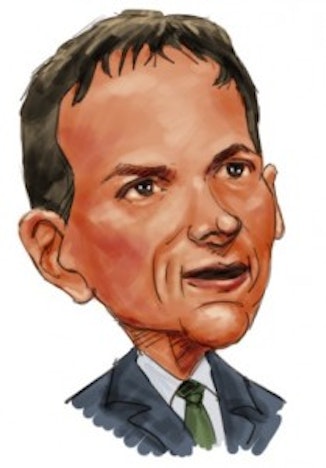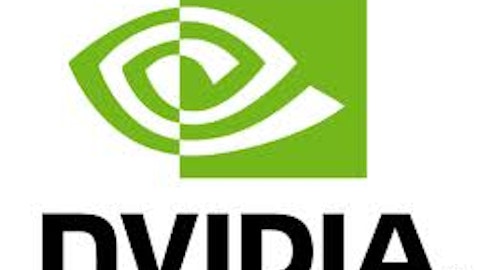
The FSA’s Argument
The FSA said that Einhorn learned on June 9, 2009, from a broker working for Punch, that the company was near an equity fundraising. Einhorn then instructed his hedge fund to cut its stake. Greenlight went from owning a 13.3% stake in Punch to a stake worth 8.9% of the company, in doing so, avoided “£5.8 million in losses after Punch announced its fundraising on June 15. While Einhorn averred that he did not believe he was violating market abuse rules and that he still believes he did nothing wrong The FSA ruled that it “was inside information and Einhorn should have appreciated this.”
Einhorn agreed to the fine “rather than continue an arduous fight.” In a conference call on the issue Wednesday afternoon, Einhorn went into more detail on the matter. He said that his fund would not seek further litigation and that “We doubt our chances of having a fair hearing,” reports Business Insider.
Einhorn’s Side of the Story
“I agree this is a serious matter, but not for the same reasons as the FSA,” said Einhorn. “The FSA says this was an act of ‘insider dealing.’ This resembles insider dealing as much as soccer resembles football.”
“Einhorn said his firm was approached by Punch’s investment bank about signing a non disclosure agreement (NDA), which means you’re given confidential information and by signing one you agree not to disclose that information,” writes Business Insider. “Einhorn explained there are several reasons why you would want to sign an NDA, especially if you think you can assist the management or influence the company in a positive way.” Greenlight did not sign an NDA. “We had no interest in becoming an insider,” he said recalling that he told the company he would be “happy to talk to management, but not interested in receiving information to trade stock.”
Einhorn said that during an “open,unrestricted” phone call with Punch’s CEO, he learned that the “best way to describe Punch was it was a company with a serious heart condition — if it quit smoking and lost weight and started exercising it would be OK….There’s a good chance that without a transplant it would die.” Einhorn said that Punch’s CEO began the conversation by saying that the company had sold 11 of its pubs that morning and that he wanted to consider “strategic options” including raising equity. “I thought it was a terrible idea,” said Einhorn adding, “I said it was a lousy deal for Greenlight and shareholders such as Greenlight.”
Einhorn went on to ask the CEO what he thought the stock was worth and the CEO said “fair” at the moment. “This was an extraordinary statement… the CEO not in the position of telling shareholders the stock is ‘fully valued.’ We were talking about a stock that was trading at a deep discount to the company’s book value — down substantially,” said Einhorn. “I’d be less surprised to hear my mother-in-law describe her grandchildren as ‘just average. It was a sobering moment.” Einhorn went on to say, “Now that it’s two years later, I’d be engaging in hindsight bias to suggest that I decided to sell the stock right then and there – and based on the rest of the call – I clearly hadn’t processed it fully yet – but it’s hard to imagine wanting to continue to own it, either.” The CEO said “the company might need to raise $350 million to manage the company’s risk.”
“That sounded like a big number,” said Einhorn, adding that he told the CEO he was thinking about selling his shares. “The CEO offered a more detailed conversation, but it is not possible to do that without having to sign an NDA,” Einhorn said. “That’s just a legal requirement.” Business Insider writes, “so, Einhorn said he decided to sell the shares and relayed the order to his traders through his analyst.”
Einhorn’s recalled his analyst saying, “We want to sell our shares and we would like to sell all of them. It’s price sensitive and it’s rather timely….We think there are a bunch of shareholders who know secret bad things… We might have a window to sell before bad news comes out and the stock plummets.” Ultimately, Greenlight was able to sell roughly one-third of its shares before its filing were made public. The stock tanked un reaction to Greenlight’s massive sell off. “I cancelled the remainder of the order. I didn’t think there was any hurry to sell.”
“Einhorn is confident that he did not engage in insider dealing,” writes Business Insider. “He said he refused to sign an NDA, declined to receive inside formation, indicated that he might like to sell his stake and that there was no obvious statement on inside information.” Einhorn went on to say that “this FSA action is indeed truly frightening.”





